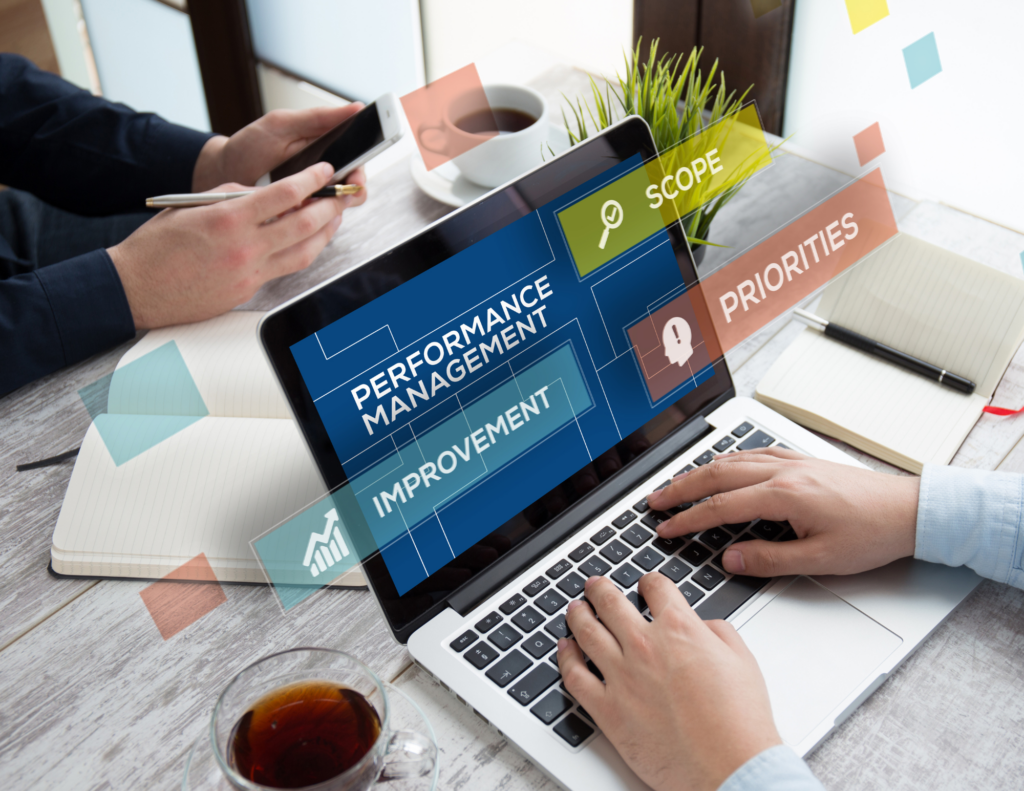Performance management is essential to help organizations achieve their goals, with each employee’s performance playing a key role. Hence, companies are updating their performance management processes to link them to goal management. In this blog, we examine three ways to enhance performance management for employees.
First, what is Performance Management? Performance management, as per SHRM, is the process of maintaining or improving employee job performance via assessment tools, coaching, and counseling, as well as providing continuous feedback. The aim is to create a working environment that allows employees to give their best, thus helping the company reach its goals.
Why is it important to improve performance management for employees? Traditionally, companies would rely on occasional check-ins and annual reviews to assess employee performance. However, in recent years, that approach has proven to be inadequate. Over the last year, employees quit jobs at a record rate and dissatisfaction with the current performance management process was a contributing factor. Employees want to be acknowledged for their contributions, receive frequent feedback, and find value in their work.
For this reason, forward-thinking companies are innovating their performance management methods to better accommodate employees’ requests.
Three Ways to Improve Performance Management for Employees
-
Improved Communication–
Rapidly changing business goals can make it difficult for employees to keep up if communication is sporadic. Untimely feedback from managers may leave employees feeling frustrated. To overcome these issues, modern performance management processes promote better communication. Feedback sessions should become more consistent, and employees need to be informed of any changes, giving them a sense of ownership in their work. -
Encouraging Professional Growth–
By transforming their performance management process, organizations create a culture of learning and growth that makes employees want to stay. 94% of employees would stay if their employer helped them learn (. Consistent check-ins allow employees to know where they stand and give managers the ability to discuss growth opportunities. This leads to a less anxious and stressed workforce. -
Increased Engagement between Managers and Employees–
Greater engagement between managers and employees leads to higher retention rates. Frequent reviews help employees understand their strengths and areas for improvement, and make it easier for managers to reward, compensate, and promote deserving workers.
Some organizations use online portals for instant feedback and updates, helping remote employees stay connected. Greater engagement also empowers employees and reduces the need for micromanagement.
Conclusion
Performance management is evolving, and companies achieve better results and retention by enhancing communication, professional growth, and engagement for employees.
Performance management and goal management software make it easier for companies and employees to align their objectives and encourage collaboration.
Drive better feedback conversations, align goals, and promote informed and justified reviews with HRSoft’s performance enablement solution. Request a demo today to learn more.



